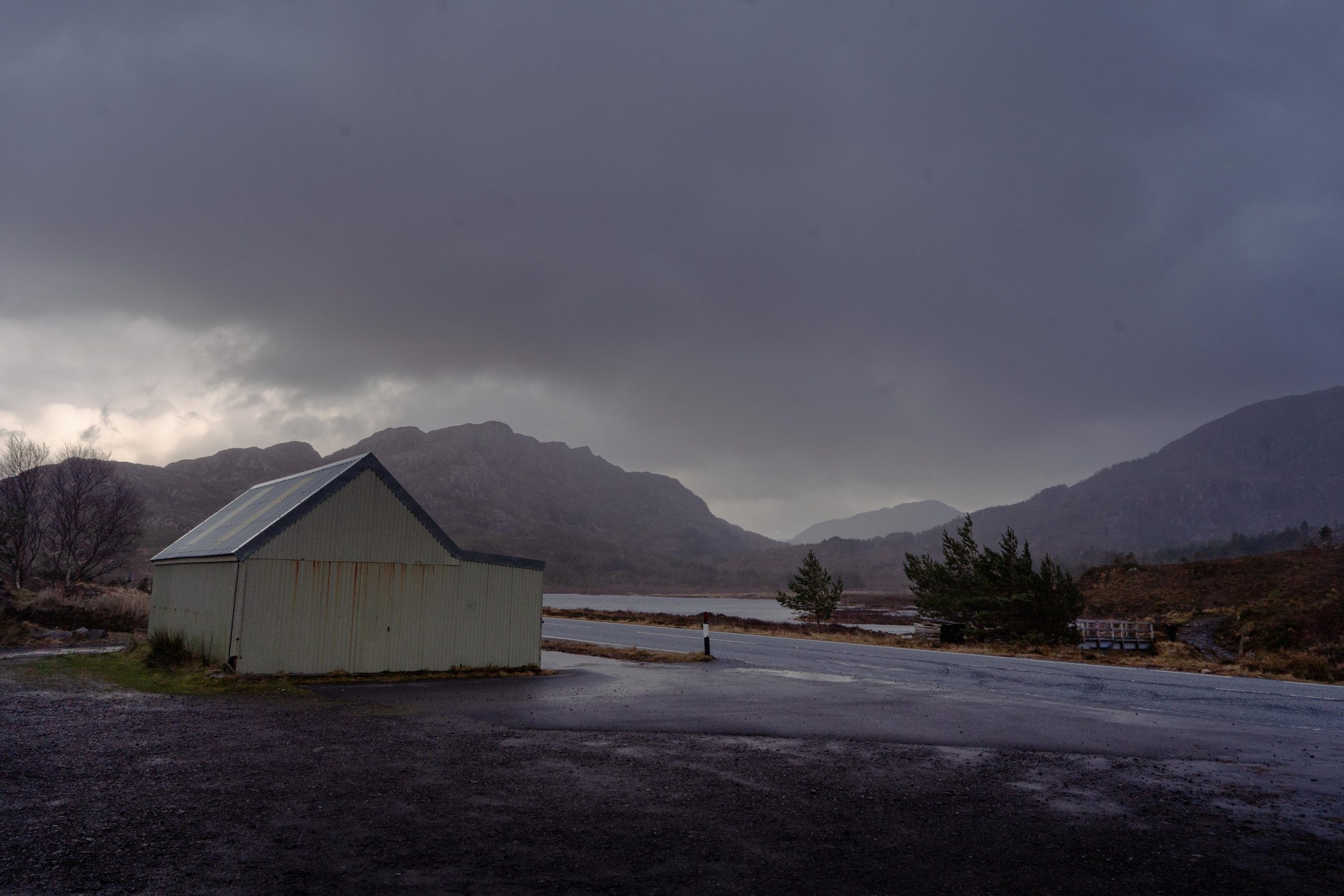The Scottish Highlands have always been seen as the cradle of freedom and expression across this small island nation, filled to the brim with the toughest people and communities I’ve ever met, a place where you can keep your door unlocked and where you can bump into a stranger and leave as friends. It is this exact experience that brought me to Inverness, the desire for home and community, after years in the NHS I wanted to bring compassion and community back into healthcare.
The recent analysis titled “Economic, Social and Cultural Rights in the Highlands and Islands” by the Scottish Human Rights Commission provides a comprehensive breakdown of the state of healthcare in the region, alongside other institutional failings. The findings highlight significant challenges and disparities in the provision of healthcare services, which have profound implications for the residents’ right to health. For more information I have provided the link below.
Overview of Healthcare in the Highlands and Islands
The Highlands and Islands region of Scotland is characterised by its remote and rural nature, which presents unique challenges in delivering healthcare services. The report underscores that the geographic isolation, coupled with socio-economic factors, exacerbates the difficulties in accessing quality healthcare. The region’s sparse population and vast distances between communities further complicate the delivery of essential health services.
Key Findings
- Access to Primary Healthcare
One of the most pressing issues identified in the report is the difficulty in accessing primary healthcare services. Many areas in the Highlands and Islands lack sufficient general practitioners (GPs), leading to long waiting times and significant travel distances for patients. The closure of local GP practices has forced residents to travel to distant towns, which is particularly challenging for the elderly, disabled, and those without private transportation.
- Availability of Specialist Services
The report highlights a critical shortage of specialist healthcare services in the region. Residents often have to travel to urban centres such as Inverness for specialist consultations and treatments. This includes services for maternity care, mental health, and chronic disease management. The lack of local specialist services not only delays treatment but also places a financial burden on patients who must cover travel and accommodation costs.
- Mental Health Services
Mental health services in the Highlands and Islands are described as inadequate to meet the growing demand. The report notes that the isolation and limited social support networks in rural areas contribute to higher rates of mental health issues. However, the availability of mental health professionals and facilities is insufficient, leading to long waiting times and unmet needs. The situation is particularly dire for young people, who face significant barriers in accessing timely mental health support.
- Impact of Centralisation
The centralization of healthcare services to larger towns and cities has had a detrimental impact on the residents of the Highlands and Islands. The report provides examples of how centralization has led to the closure of local facilities, forcing patients to travel long distances for care. This centralization has disproportionately affected vulnerable populations, including the elderly and those with limited mobility.
- Health Inequalities
The report emphasizes the stark health inequalities between the Highlands and Islands and more urbanized areas of Scotland. Residents in rural areas face higher rates of chronic diseases, lower life expectancy, and poorer health outcomes. These disparities are attributed to factors such as limited access to healthcare, higher levels of poverty, and the challenges of delivering services in remote locations.
Recommendations
The Scottish Human Rights Commission makes several recommendations to address the healthcare challenges in the Highlands and Islands:
1. Increase Investment in Local Healthcare Services: The report calls for increased funding to support the recruitment and retention of healthcare professionals in rural areas. This includes providing incentives for GPs and specialists to work in remote communities.
2. Enhance Telehealth Services: To mitigate the challenges of distance, the report recommends expanding telehealth services. This would allow patients to access consultations and follow-up care remotely, reducing the need for travel.
3. Improve Mental Health Support: The report highlights the need for targeted investment in mental health services, particularly for young people. This includes increasing the number of mental health professionals and providing community-based support programs.
4. Address Health Inequalities: The report calls for a comprehensive strategy to tackle health inequalities in the Highlands and Islands. This includes addressing the social determinants of health, such as poverty and housing, and ensuring equitable access to healthcare services.
5. Strengthen Community Engagement: The report emphasizes the importance of involving local communities in the planning and delivery of healthcare services. This includes consulting with residents to understand their needs and preferences and ensuring that services are culturally appropriate and accessible.
Conclusion
The findings of the report paint a concerning picture of healthcare in the Highlands and Islands. The challenges of geographic isolation, limited resources, and centralization have created significant barriers to accessing quality healthcare. Addressing these issues requires a concerted effort from the Scottish Government, local authorities, and healthcare providers to ensure that all residents can enjoy their right to health. The recommendations provided by the Scottish Human Rights Commission offer a roadmap for improving healthcare services and reducing health inequalities in this unique and challenging region.
Economic, Social and Cultural Rights in the Highlands and Islands

